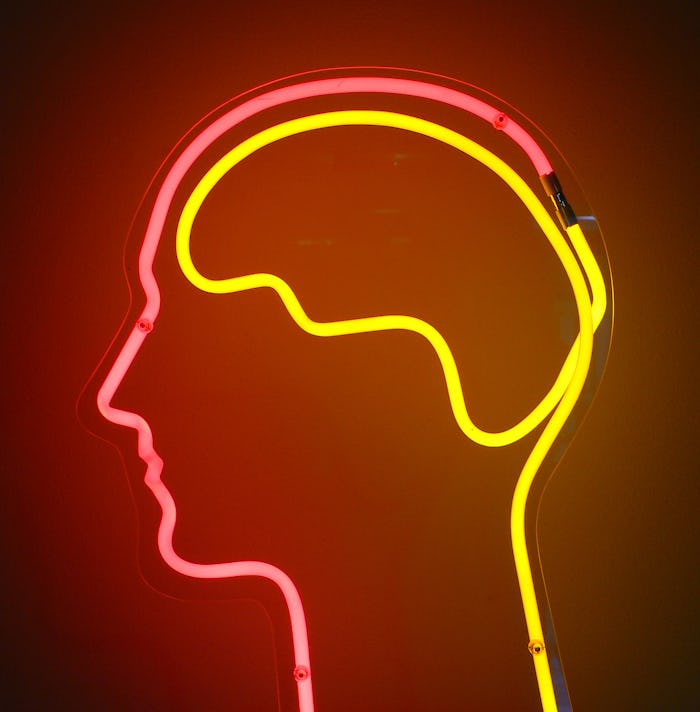"My brain is fried." It’s a phrase heard among people of all ages. Sleep deprivation is nothing new, and I think everyone has stories of being utterly exhausted and unable to function. It's no secret that being fatigued affects our minds, but what exactly happens to your brain when you're exhausted?
With the Centers for Disease Control and Prevention noting that insufficient sleep is a public health problem, it makes sense that many researchers and scientists are trying to find out what is actually happening to our brain when we run on too little sleep. Many problems have already been recognized, such as obesity and depression, but the little sleep-affected problems are the ones that make the biggest impact. A survey of adults older than 20 years conducted from 2005 to 2006 and 2007 to 2008 found that 23 percent of people said concentrating on things was the biggest sleep-related difficulty. Another 18.2 percent said remembering things was their biggest issue, while 8.6 percent said their work performance suffered the most. And all of those things? Well, they require your brain to be at its best. So although your brain may not necessarily be frying, there are seven things that are going on in the old noggin while you're staying up late to binge-watch Netflix.
1Brain Cells Die
Forget head banging. The best way to kill your brain cells is by skipping out on some good sleep. A study in the Journal of Neuroscience found that the brain cells in mice forced to stay awake were destroyed and that the same thing could happen to humans, possibly leading to irreversible brain damage. Locus ceruleus neurons (LCns) are active neurons in the brain that are essential for alertness and increase their firing rates over prolonged wakefulness. Without sleep to give those neurons a rest, they become damaged, with the mice losing 25 percent of LCns after three days of only four to five hours of sleep per 24 hours.
2Cognitive Throughput Slows Down
When you're tired, it seems like everything takes 10 times longer than usual, right? Well, the more sleep deprived you are, the more it affects your cognitive throughput, the speed that your brain processes information. Several studies have been conducted on this very subject and one from the University of Pennsylvania School of Medicine found that the more fatigued a person is, the more severely affected their cognitive responses are, often without the person's knowledge that they're getting progressively worse.
3Your Brain Creates False Memories
Getting enough sleep is more than just making sure you don't have bags under your eyes; it's important for your memory, too. According to a study published in Psychological Science, sleep deprivation increases the risk of your mind developing false memories. The study conducted showed photos of a crime, followed by a text narrative that contradicted what the people saw in the photo. After one group was allowed to sleep and the other was forced to stay awake all night, researchers found that the sleep-deprived group was more likely to recall what the narrative stated, despite not following along with the photo.
4Your Brain Loses Its Filter
Get too little sleep and basically become Sophia Petrillo? When you're fatigued, your brain basically loses the efficiency of its filter according to a study done by the University of California San Diego. Turns out that sleep affects your visual working memory (VWM), and one aspect of VWM is the ability to filter out unnecessary or irrelevant information so that your brain can focus on what you really need to know for a particular goal. Without it, your brain becomes muddled and you may be overwhelmed and unsure of what you're looking for when working on a project, or trying to figure something out. Slight plus side? Without that filter to get rid of wandering thoughts, some people note that sleep deprivation makes them more creative and frees their mind to come up with ideas.
5It Shrinks
Turns out that not only are some of your brain's skills affected by sleep deprivation, but the actual size of it is too. A study published in Neurology found that the right superior frontal cortex reduced in volume for those with sleep issues and there was an increased rate of shrinking in the frontal, temporal, and parietal regions.
6It Doesn't Adequately Regulate Your Feelings
When I am exhausted, I am short-fused, quick to anger, and quick to burst into tears. Apparently I'm not just crazy and there's a valid reason. A study done at Berkeley found that sleep deprivation can impair your emotional state. The amygdala, the center for emotional behavior in your brain, was monitored through an MRI and found that without sleep, it inappropriately modulated the brain's response to negative stimuli. This can cause you to misinterpret facial expressions, focus on the negative, and basically have no chill.
7It Hallucinates
Remember when I told you your brain loses its filter-efficiency the more sleep deprived you become? Well that missing filter can have a scarier consequence than feeling fuzzy. When your brain has trouble filtering stimuli, it can sometimes mix up what's really there with the things that aren't, leading to hallucinations. Definitely gives a big reason as to why sleep deprivation is a tactic for torture.
Images: Dierk Schaefer; Giphy (7)
